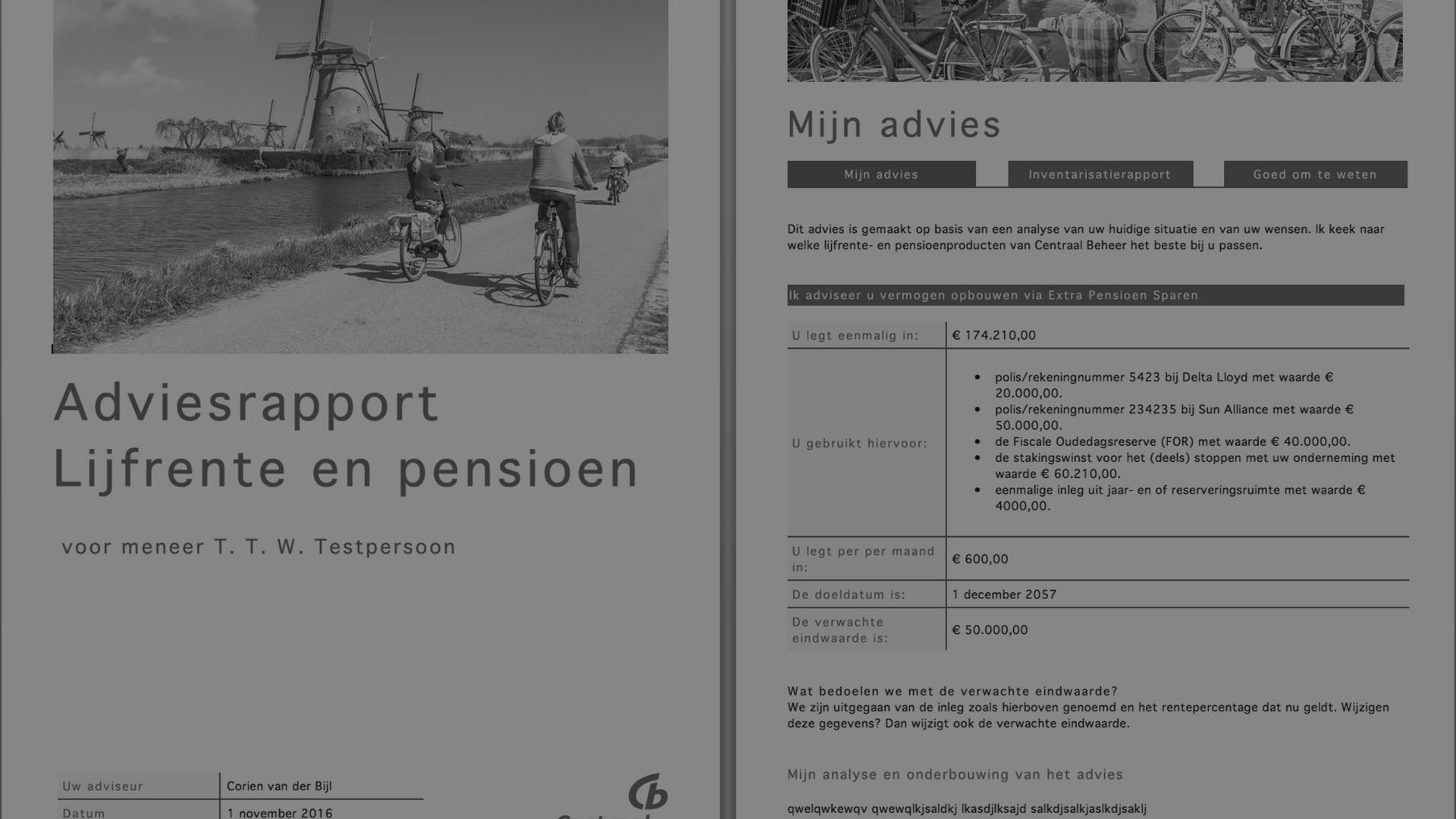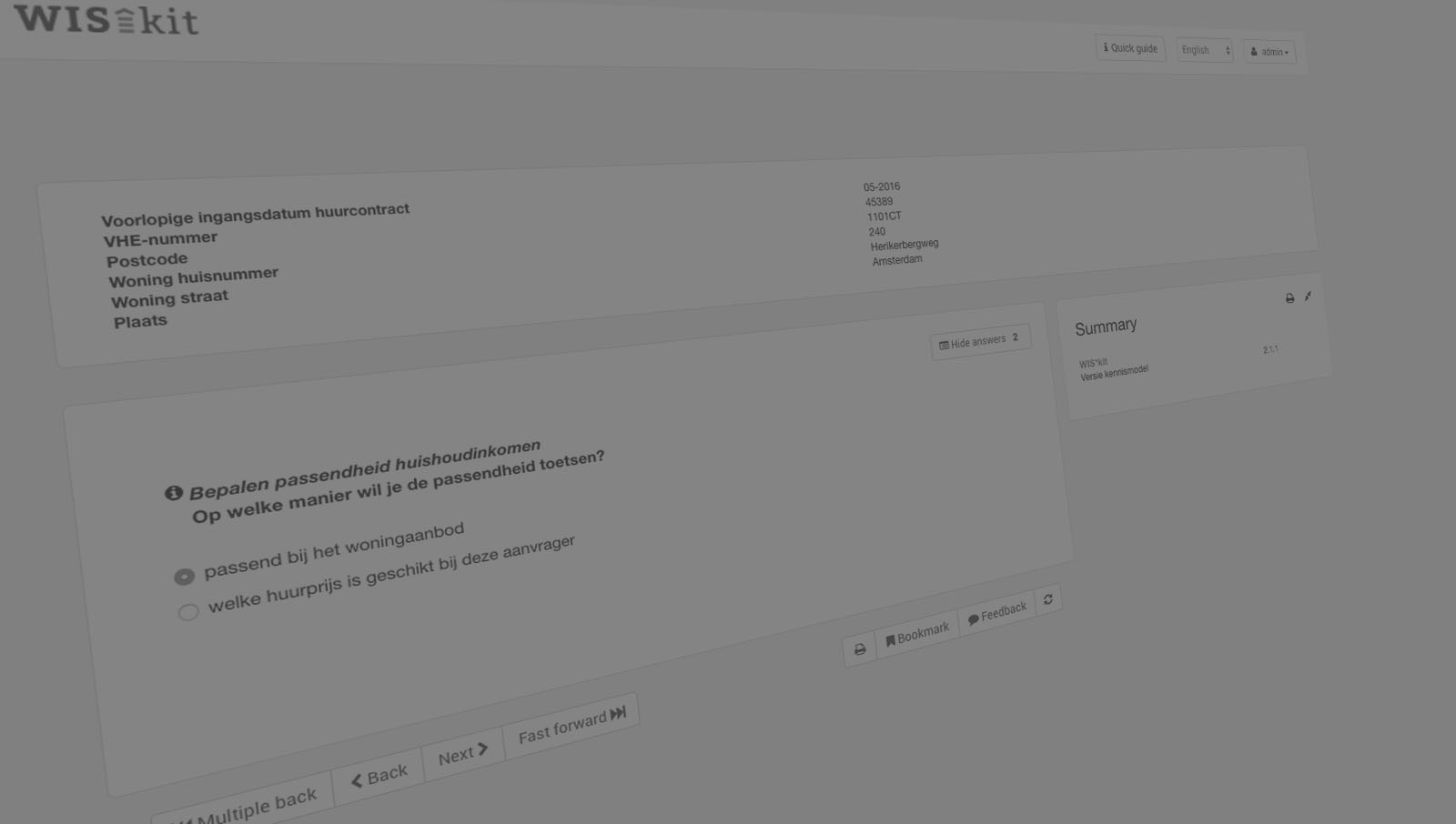
Client
Achmea is legally obliged to share information regarding life insurance policies with the Tax Authority, a process called renseigneren. It involves sharing value- and premium information, ~ 300.000 messages once a year, and information regarding extraordinary events (passing, expiration, surrender, donation, and violation of tax rules), ~2500 messages every month. This information is reflected in pre-filled tax declaration forms. Until recently, this process demanded a lot of knowledge and effort from employees, as rules were only partially automated.
Challenge
As per January 1st 2017, new regulations for renseigneren came into force, tremendously effecting large life insurance providers such as Achmea. The new regulations have an impact on multiple IT systems in the chain: administration, workflow, database registration, forwarding to the Tax Authority, informing the customer, and archiving. In addition, the process adds no commercial benefit: no new life insurance will be sold by proper renseigneren. However, not complying with these obligations may lead to considerable fines from the Tax Authority.
Solution
With the expertise and principles of Knowledge Values, the rules for renseigneren were first structured in Match Developer, creating a goal-oriented and transparent, directly executable renseignerings application for all life insurance policies of Achmea. Subsequently, connections with other systems in the chain have been realised, tested, and put into production. As a result, employee effort is limited, and a correct and traceable process is guaranteed.
Benefits
Last but not least, future modifications in the rules for renseigneren will be accomplished easily. In conclusion: business improvement according to the principles of Knowledge Values is a foundation for Achmea’s ambition.





